When Perth mum Julie Foubister was diagnosed with breast cancer during lockdown in 2020, she was determined to do everything she could to help herself, alongside conventional treatments.
“One of the things said to me at that time was ‘don’t worry it’s nothing you’ve done’,” Julie, 45, explains.
“In my mind that meant there was nothing I’d done so there was nothing I could do to change it.
‘I refused to believe that’
“I totally refused to believe that and thought there must be loads of things I could do myself over and above conventional treatments.”
Now, as she sets up a local group to support others with a cancer diagnosis, Julie, 45, tells us:
- How she discovered she had breast cancer
- 4 things that helped her feel healthier than ever before
- How changing negative thinking impacted her physical health
Julie, single mum to 12-year-old Charlie, suffered anxiety and depression seven years ago.
After reading about mental health interventions to improve her situation she started ‘The Happiness Project’ online.
Envelopes of cash
“I started leaving money on car meters, envelopes of cash for people to find locally,” Julie explains.
“Then I asked people online for nominations for anyone going through a tough time so I could send them a gift.”
Feeling the positive impact of spreading happiness, Julie began studying psychology and coaching – which led to her job as a mindset and wellbeing coach.
It was training that became invaluable when she was diagnosed with cancer.
She remembers: “It was March 2020. I reached across myself to get into a kitchen cabinet and I felt a lump.
“I went to the doctor and two weeks later I got an appointment at Ninewells.
“That two weeks of waiting, when you don’t know what you’re dealing with, is horrible.
‘I wanted to show it’s not all doom’
“It wasn’t the news I wanted. But if you know what you’re dealing with and can take action, it makes you feel so much better.”
Julie went on to have chemotherapy and four surgeries at Perth Royal Infirmary.
“I opted for a mastectomy because I thought it would mean I didn’t need to have radiotherapy,” Julie explains. “Although that changed later.”
While undergoing treatment she completed a challenge for charity, raising £4,500 by walking the length of Scotland.
“It kept me accountable, it got me outside and allowed me to help other people reframe what having treatment might look like.
“I wanted to show it’s not all gloom and doom.”
Recurrence of cancer
Julie was clear of cancer by the December, but sadly had a recurrence months later.
“So I had to go for radiotherapy after all,” she says. “I travelled to Airdrie every day for four weeks.”
Using a positive mindset was vital for Julie during this time. And she says these four things helped her navigate the challenges of cancer.
1. ‘Living a life you love, right now’
“When you live in the future, by worrying, your body behaves like it is there already,” Julie explains.
“You’ll have all the physiological response to the thoughts. Stress is created by being somewhere in your mind that you’re not right now.
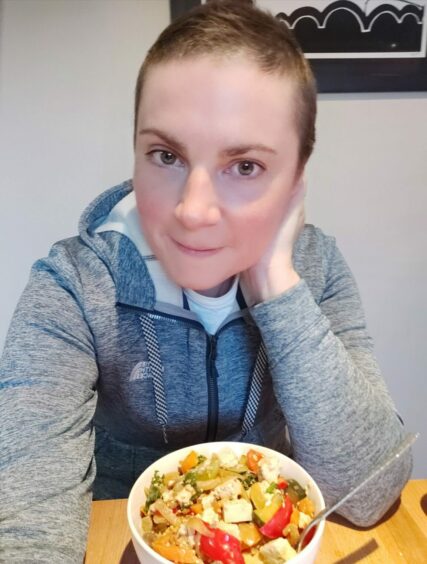
“Rather than ‘when I know it’s not going to come back then I’ll be happy’ it’s about carrying on, thinking health rather than disease.
“I run a programme online for people with cancer, to help them live a life they love right now, regardless of what the outcomes might be.
“Acceptance, dealing with fears and mindset, alongside lifestyle changes and traditional medicine helps.”
2. Looking at what I put in and on my body
Julie continues: “Small lifestyle changes can have a massive impact. I feel great and healthier than I did before the diagnosis.
“Eating a bit more healthily, doing more exercise, using plant-based skincare, were all small things I did.
“Before I used to have problems with hormones. With small changes, that has all corrected itself.
3. Walking
“One of the best things you can do when you’re going through treatment is exercise,” Julie adds.
“Even if you’re feeling very tired, it helps with the fatigue and leaves you energised.
“It helps with the detoxification, kicking chemo out of your system after it has done its job. It helps with mindset as it releases hormones into your system.
“It’s about really noticing how you feel and asking ‘could I try that today’?”
4. Learning resilient people ask for help
Julie continues: “I did training on resilience while going through treatment.
“I learned a lot: That there’s no problem asking for help, that’s what resilient people do, you don’t have to do everything by yourself. That’s not what I did when I was younger.”
And helping others comes into the mix too, says Julie.
“Some of my clients who are living with cancer do random acts of kindness. The effects and physical manifestation of that in your body – the kindness hormone – is fascinating.”
- For more information about Thriver Hive one-to-one coaching or to join the Perth support group Julie is setting up, please email julie@thriverhive.com
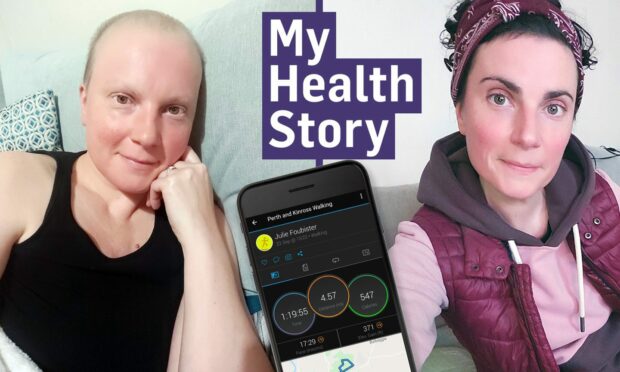
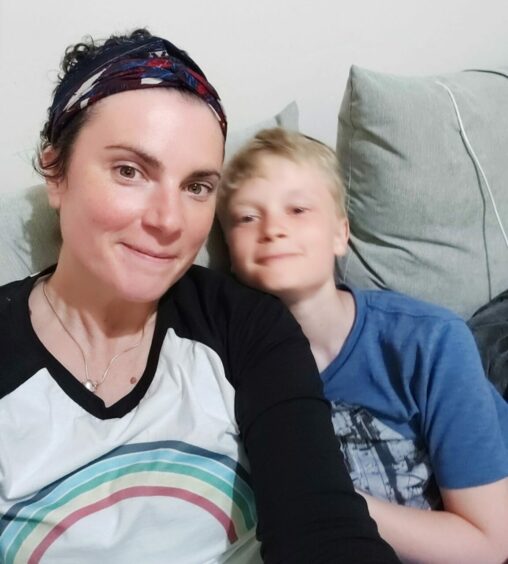
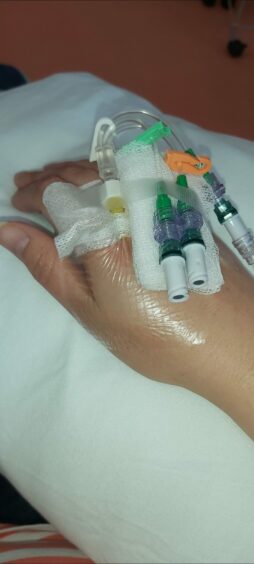
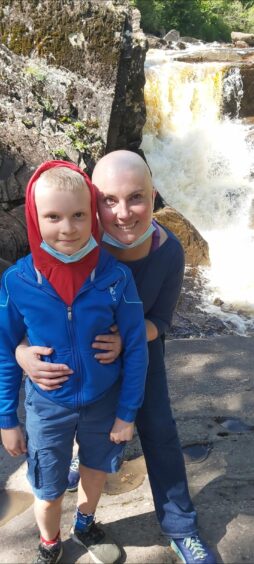

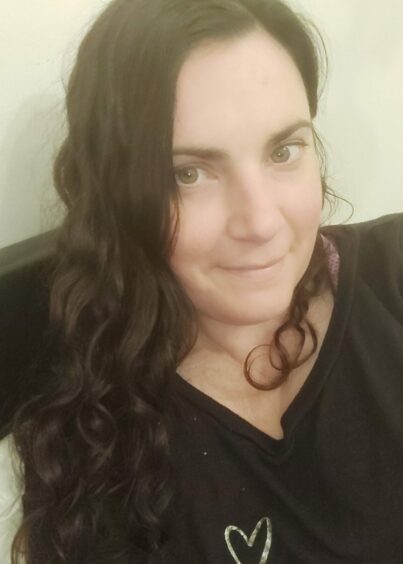
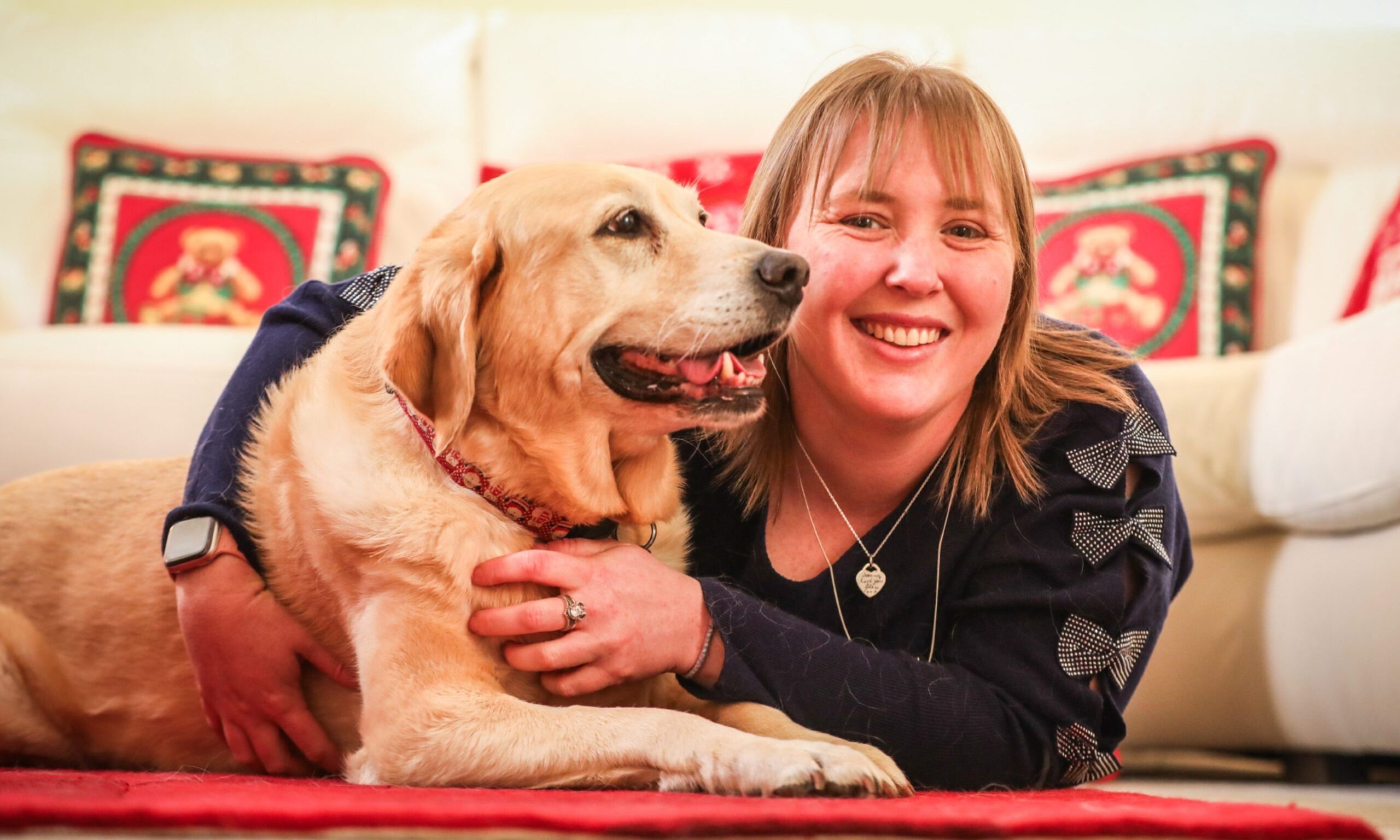
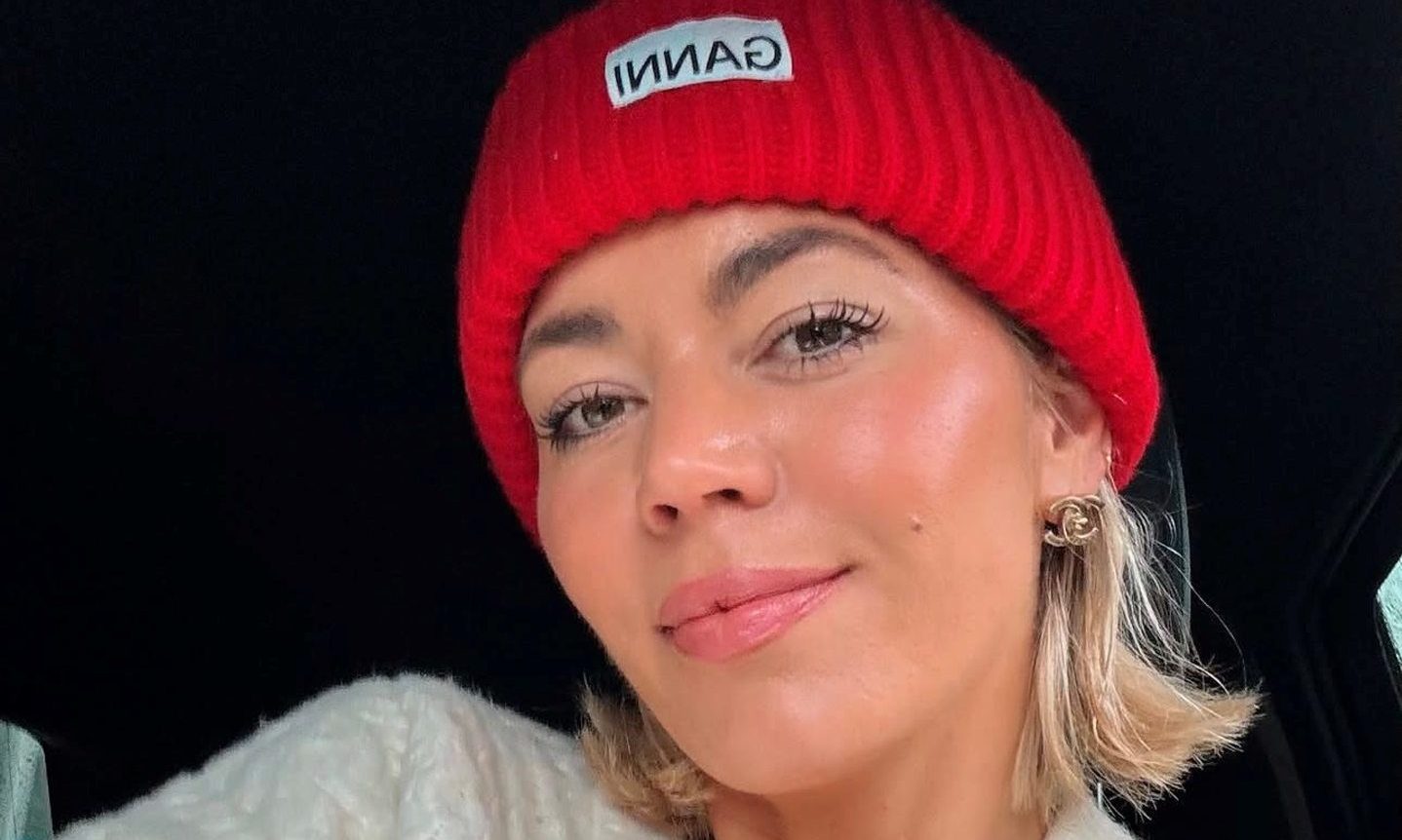

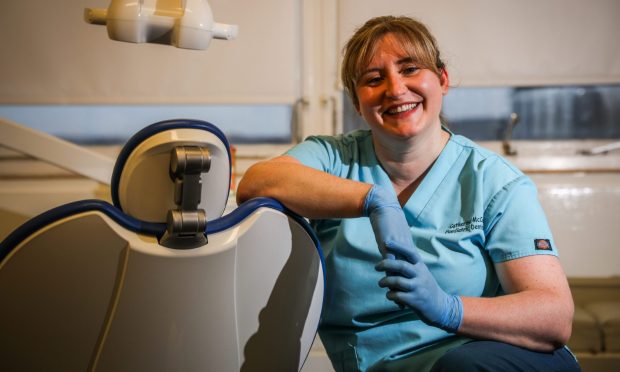


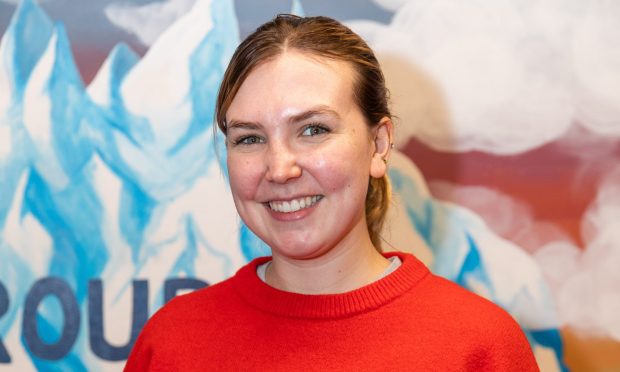
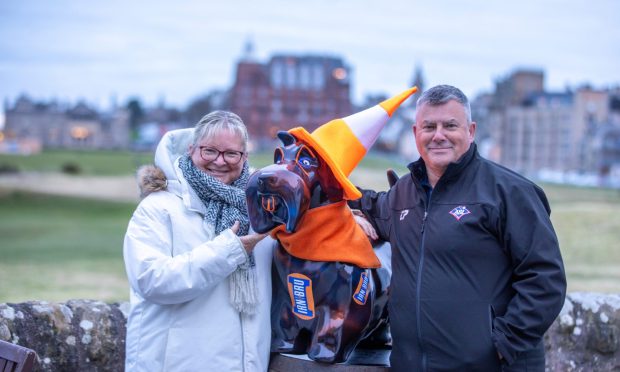

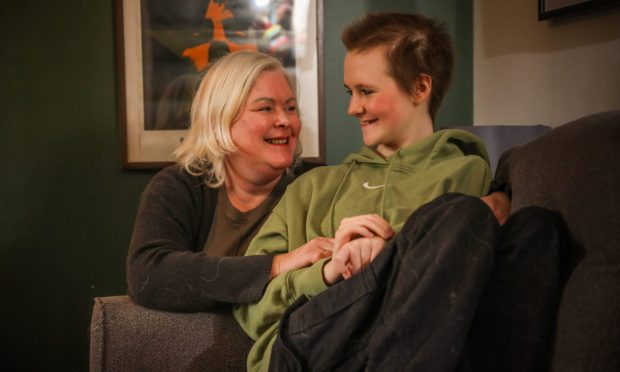
Conversation